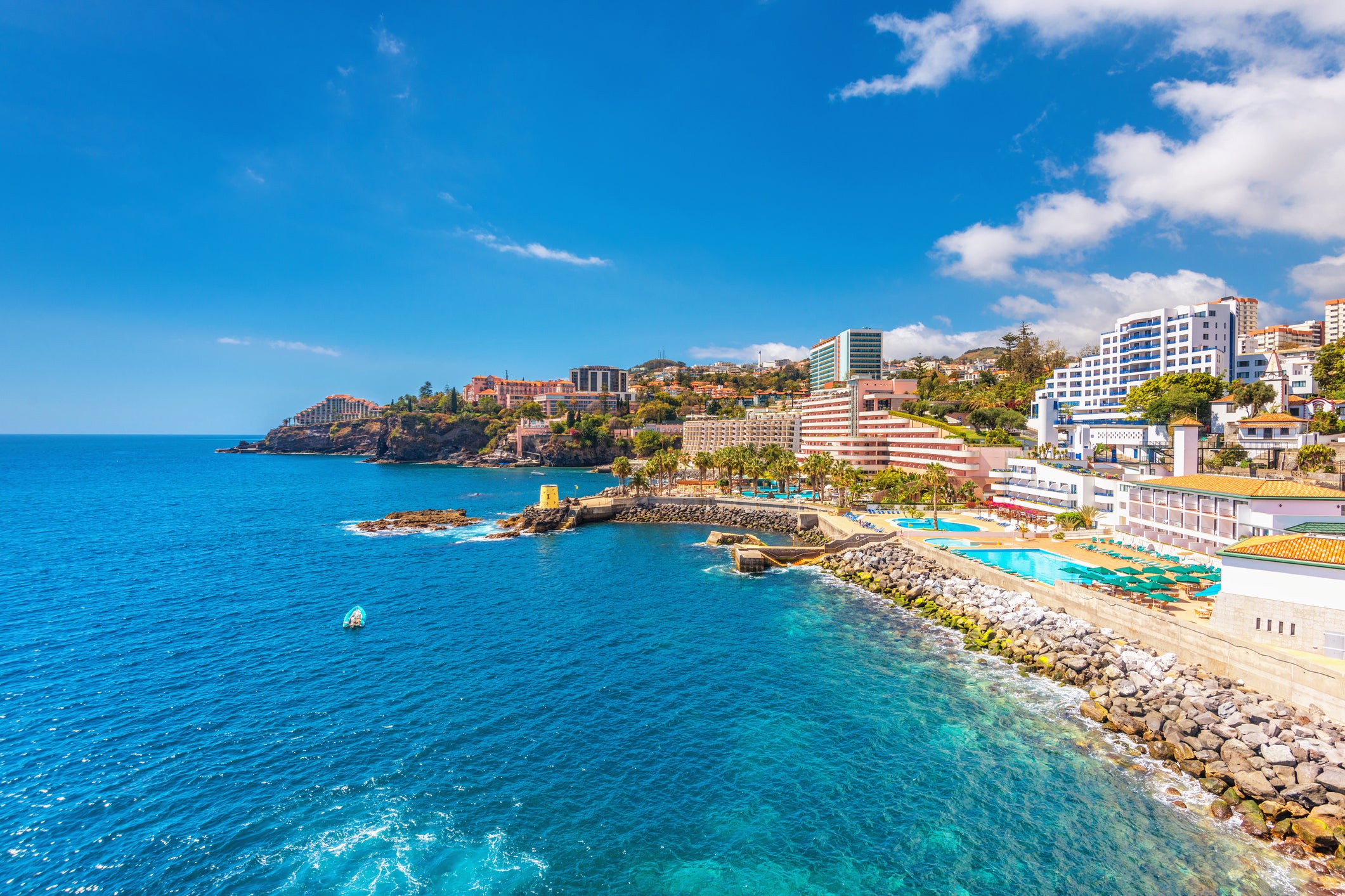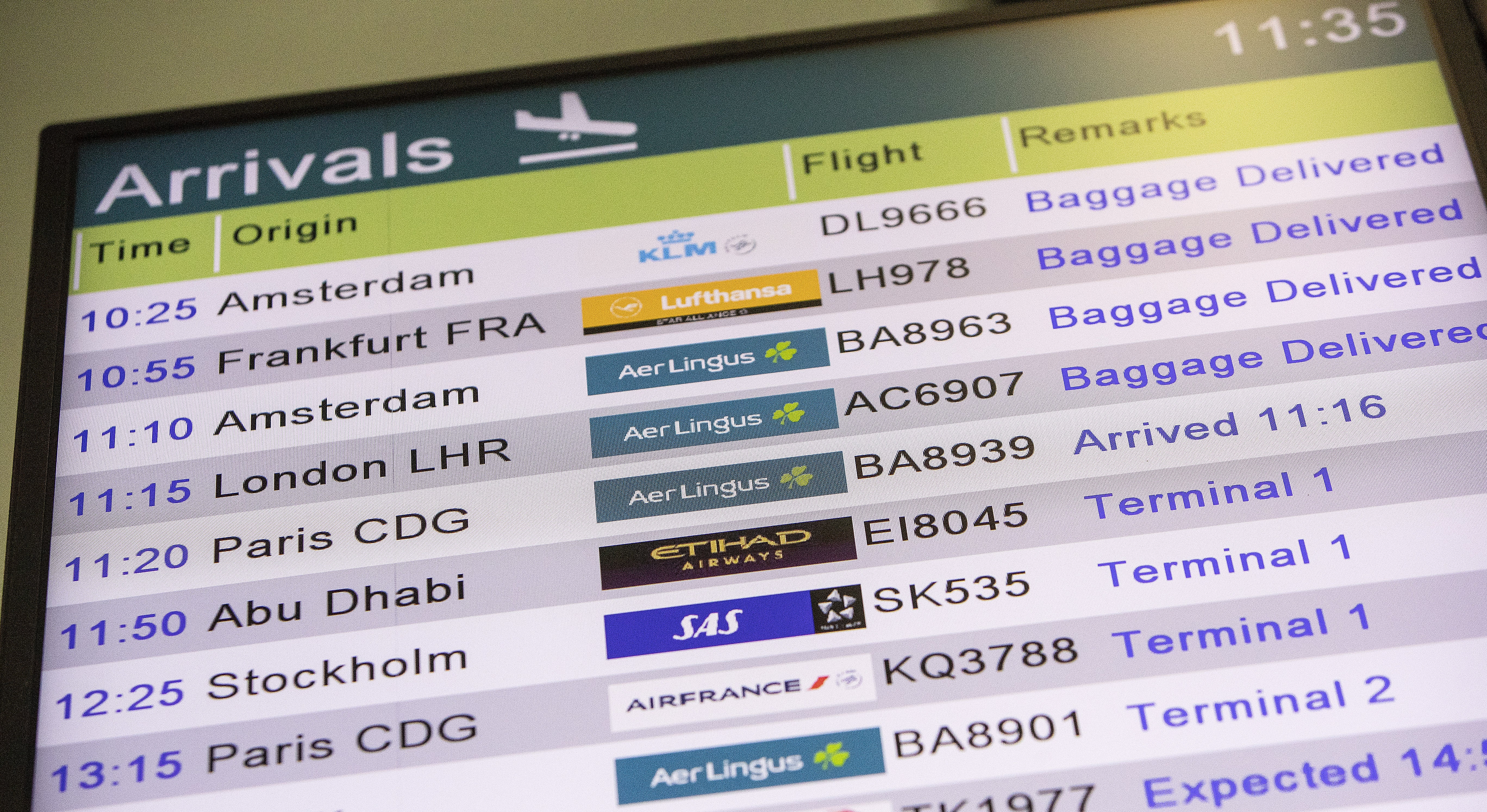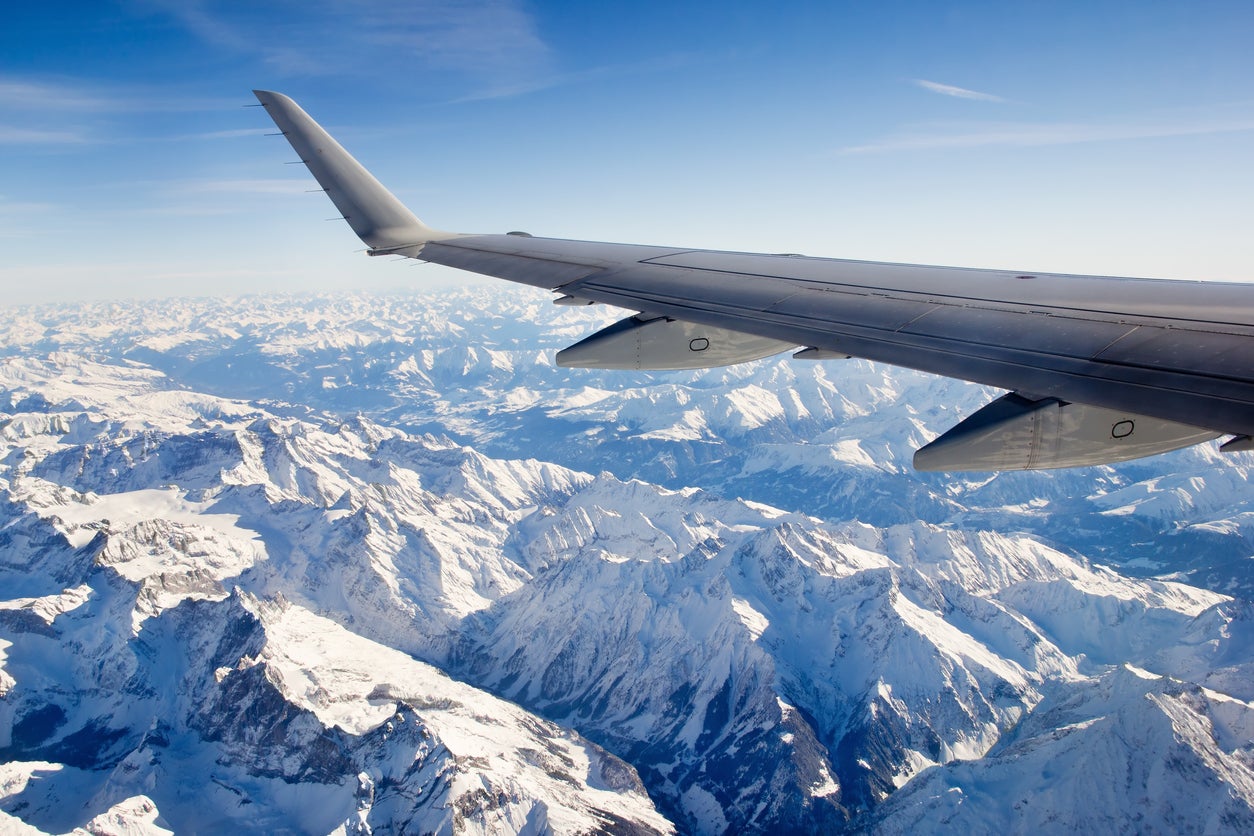Can you recommend a one-stop source for Covid travel rules?
Simon Calder answers your questions on the latest travel restrictions and France’s recent decision to open up to Britons


Q Where is the best central source of travel information for both-way Covid requirements – not just the UK rules? I am looking to check destination country requirements before making plans.
Norman H
A Some very well-intentioned organisations and individuals have come up with excellent efforts to try to present the current state of travel regulations around the world. The leading venture is Timatic, run by the International Air Transport Association (IATA), which for decades has sought to keep the airlines informed of border rules. Yet with such a tangle of red tape, keeping tabs on around 200 nations worldwide – some of which have different rules for different parts of the country – is an almost impossible task.
So you have to research each trip yourself. The (relatively) easy bit is to establish the law for returning to the particular UK nation you live in: for fully vaccinated travellers that is currently just a lateral flow test on the day of arrival or one of the two following days. It is often trickier to work out what the destination country requires. I generally start with the Foreign Office advice on entry regulations for the nation. The FCDO faces the same problems in trying to keep tabs on the constantly changing tangle of red tape; diplomats in embassies and consulates around the world do their best to feed in the latest information.
Usually, the Foreign Office will provide a link to the official sources, which you must check out; “But the FCDO said it will be OK” is not a valid reason for being let into a country. The quality of information ranges from clear (Germany and Greece, for example) to almost incomprehensible (Portugal says visitors to Madeira should “perform voluntary isolation, if necessary compulsorily, for a period of 10 days”). A good travel agent will help make sense of it all.
The gatekeepers in the unenviable position of trying to enforce the rules ahead of the frontier are normally the airlines. Understandably, but regrettably, they make some errors. If you are denied boarding even though you meet the requirements of the nation you are visiting, you are entitled to cash compensation as well as recompense for out-of-pocket expenses.
Finally, multi-nation trips get even more complicated. I am tending to avoid them at present.

Q I’ve read that many countries are requiring sworn statements saying they have not been in contact with anyone who has Covid. Do you think this requirement will be dropped seeing as Omicron spreads so fast?
Megan W
A Plenty of countries require you to declare whether you have been in contact with someone infected with coronavirus. France, for example, asks you to certify: “I hereby declare on my honour that I have no knowledge of having been in contact with a confirmed case of Covid-19 during the last 14 days prior to departure.”
That is a tricky declaration to make, with a truthful answer demanding the sort of semantics that keep lawyers in business. For example, I went for a walk 10 days ago with my friend John who had tested positive for coronavirus in mid-December. I have no reason to suspect he was still infectious, since he had made a full recovery. I therefore contend that although he had recently been “a confirmed case of Covid-19”, he was no longer so defined.
Spain warns you must not travel “if you have had close contact with a confirmed case of Covid-19 within the last two weeks”. Again, a tricky one, because it depends how you define “close contact”. On a typical day I travel by bus, Tube or train, visit a shop and possibly a pub. (Yes, life in the travel fast lane.) Statistically, there is a high likelihood I was in reasonably close contact with a confirmed case of Covid-19. But I infer that the definition concurs with the principle that you have spent prolonged time with someone in your home or workplace who turns out to have been infectious.
The underlying principle, of course, is that you should not travel anywhere if you believe you may be carrying coronavirus. I recommend testing with a lateral flow device before any substantial journey. I daresay the requirement will be dropped or weakened still further in the coming weeks. But an equally tricky question is on its way: what constitutes being “fully vaccinated”?

Q We are flying to Geneva on 26 January then driving straight into France. Whose rules should we follow: France or Switzerland? Or both? All of the group are vaccinated, and boosted as well. For access to bars and restaurants in France, do we use the NHS app or will we need to access the TousAntiCovid app?
Oliver W
A Geneva airport is shared between France and Switzerland. In normal times that is an excellent arrangement, offering equally easy access to both the fine Swiss lakeside city and the mountains of France. But during a global pandemic the arrangement triggers complexity.
For France, you need to take a lateral flow Covid test in the 24 hours before departure, and be fully vaccinated – which of course you are. You must also fill in a French passenger arrival form and complete a “sworn undertaking to comply with rules for entry into Metropolitan French territory”. Flying into Geneva, these formalities should be sufficient; you should be able to exit through the French side.
I don’t think it will be necessary to comply with Swiss rules – but there is no harm in being in line. Complete the very straightforward Swiss passenger locator form and, if asked, produce proof of vaccination and the test result that you need for France. Taking this easy precaution should ensure there are no problems at the departure airport or on arrival (and, in the unlikely event that you get diverted to Zurich, it will allow you to breeze out of the airport and find a train to Geneva).
In terms of being in France: the TousAntiCovid app is an excellent creation and I urge you to instal it in good time. It is intuitive to use, with an excellent English option, and will happily register your NHS certificates. The pass vaccinal that is likely to be coming into effect by Monday 17 January will limit access to many venues to fully vaccinated people. I am still seeking clarification on how exactly it will work, but I am told it will simply be a code generated from within TousAntiCovid.

Q I booked easyJet flights after hearing that France was allowing tourists once more. However, I understand from what you have written that our family group will not qualify with the tough vaccination requirements. Should I cancel these flights under easyJet’s 24-hour cancellation policy?
Glenn
A That is a difficult one to call. While it is excellent news that France has ended its futile and damaging four-week travel ban on visitors from the UK, joy is not exactly unconfined. The French have imposed rigorous conditions on the vaccination status of British travellers at the border, and even tighter rules if you actually want to enjoy yourself by going to a restaurant, museum or ski lift.
“Two jabs or you’re out” is the order of the day. Families with children aged 12 or more are in the most difficult position in meeting the “fully vaccinated” condition for entry as well as the requirements for the health pass. Many British families are doubtless in the same unhappy boat of committing prematurely to a trip to France before reading the small print of the deal.
Yet I hesitate at recommending you cancel, because half-term for most is still 28 days away – a very long time in the coronavirus era. After all, in just four weeks France went from light restrictions to a near-total ban on Brits and then opening the frontiers again. Given the extreme importance of half-term to the French winter sports industry, especially after Christmas and New Year were written off, I imagine there are strident local calls to cut some slack for UK teenagers.
I can’t be sure, though. If you are feeling at all cautious then cash in your chips: easyJet allows 24 hours of leeway for a change of mind, with a £49 administration fee for the whole booking (not per passenger or flight sector). While this is much better than the usual terms for cancellations, easyJet's 24-hour cancellation policy is not as generous as that of British Airways. Providing you book direct, BA offers no-quibble cancellations free of charge inside 24 hours.
It may make you feel better to know that over the years, I have experienced “buyer’s remorse” on several occasions after booking flights that I later found were unsuitable. Indeed for my journey out to France when the rules changed, I was only a click away from spending £66 on an easyJet flight to Basel in Switzerland on Thursday evening, from where I hoped to walk across the border to France at midnight. Fortunately I checked the airport’s rules and found the annoying note that French laws applied – as well as Swiss rules – for British arrivals into Basel, and avoided wasting money.
Email your questions to s@hols.tv or tweet @SimonCalder
Join our commenting forum
Join thought-provoking conversations, follow other Independent readers and see their replies
Comments
Bookmark popover
Removed from bookmarks